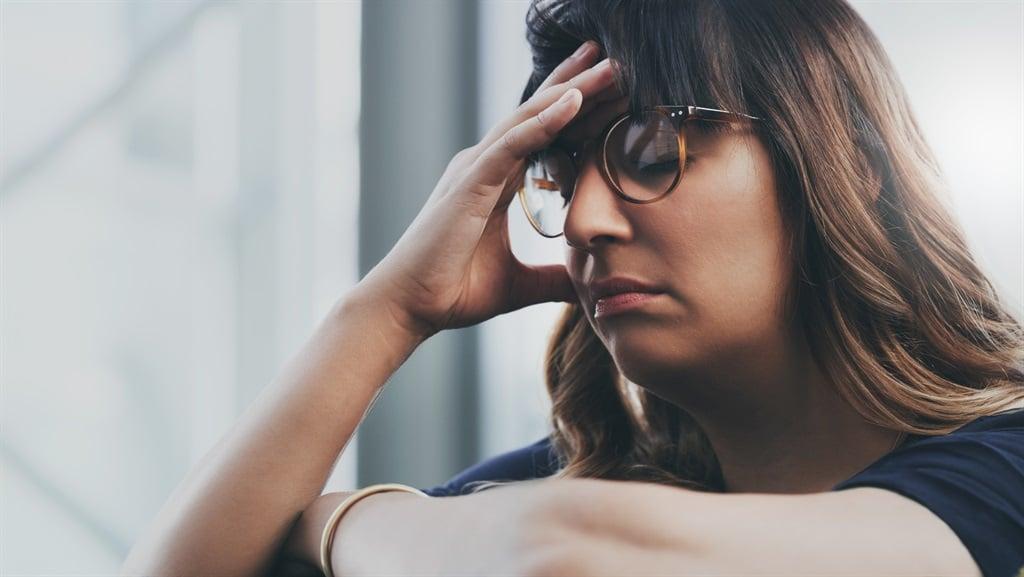Africa-Press – Lesotho. The violence against women and children most certainly didn’t end when the 16 Days of Activism campaign ended. Mara Glennie, founder and CEO of TEARS Foundation, shares that violence spikes during this time as calls received are related to domestic violence, which increases due to the spike in alcohol consumption, financial pressures and the fact that during December, families are often cooped up together for more extended periods which exacerbates stress, tension and conflict.
“Over the festive season, we typically receive over 40 000 calls for help.
This year, we expect this number to increase due to the operational challenges that the Gender-Based Violence Command Centre (GBVCC) are experiencing,” Glennie says.
“This is because during this time, victims are more likely to be in close proximity with their abusers. Due to this proximity, it becomes harder for people to step away or find a safe space to get help.
Similar trends were noted during the Covid-19 lockdown, when there was an increase in domestic violence and child abuse cases due to people being confined in their homes for extended periods,” says Glennie.
For victims of GBV who say enough is enough, TEARS offers the following advice: It is not your fault: When you are in an abusive relationship, you might find you blame yourself for it, because your partner manipulates you into believing it is your fault.
Abuse is never your fault. There is nothing you could do or say that would make it okay for someone to hurt you in any way. Do not feel guilty: Feeling guilty about the abuse can also make you feel shameful about opening up to others about it.
There is nothing to be ashamed of. You did not choose to be in a relationship with an abuser. It is not your fault. Make notes: Write down everything you can about the abusive incidents when your abuser is not around.
Take screenshots of any abusive messages they send to you. If you are being physically abused, take pictures of the marks on your body, and go and see a healthcare practitioner.
This evidence can help you when you need to file a report with the police or get a protection order. Safety planning: This a crucial step for someone involved in an abusive relationship. During the holiday season, TEARS will remain open 24/7. Information provided by TEARS
For More News And Analysis About Lesotho Follow Africa-Press






